Cognitive Behavioral Therapy (CBT) Certification Training Course – LESLIE SOKOL (Online Course)
Description:
No therapist takes a one-size-fits-all approach. Depending on your client’s presenting problem and their unique background, you tailor your approach to best fit their needs.
This is why the latest research on CBT has focused on HOW to adapt the world’s most proven treatment modality to a wide range of clients and concerns, making it even more effective for lowering distress quickly.
Filled with the most up-to-date research, this course helps you turn theory into practice – giving you specific, step-by-step insights on how to help your clients get better faster.
From common questions like how to introduce CBT to your clients to the latest research on how to adapt it to blast through roadblocks… This course could be the most comprehensive, advanced CBT training we’ve created to date.
Whether you’ve just finished grad school or have been in practice for years, this course will take you from beginner to advanced through easy-to-follow guides, video case studies, and live demonstrations.
Join international CBT trainer and author, Dr. Leslie Sokol, in this comprehensive and engaging training course, you’ll learn:
-
- How to build a stronger therapeutic alliance with your client from day 1… even if they’ve been mandated to come in
-
- The most surprising myths and misconceptions most therapists have about CBT (and what the experts know about CBT instead)
-
- Leading-edge research on how to adapt CBT for clients with depression, anxiety, bipolar disorder, anger, suicidal thinking, personality disorders, and more…
- How to address the most common client objections to CBT with confidence… so you can help them lower distress faster
-
- The most proven, up-to-date techniques to help your clients lower distress in as little as 6 to 12 weeks, even if they’ve struggled with chronic issues like… depression, anxiety, trauma, anger, suicidal thinking, personality disorders, and substance use.
-
- Easy-to-follow tips on how to build a strong alliance with your client from the start, helping them follow through and get the most out of therapy…even if it wasn’t their idea to be there.
- Sample scripts showing you how to confidently answer the most common questions and troubleshoot the toughest objections from your clients at each stage of therapy.
- How to engage even the most challenging clients starting in session 1, including court-mandated clients and oppositional teens
- The 13 CBT myths that most therapists get wrong about CBT
- The handy roadmap you can follow to confidently say you understand your client’s biggest concerns… and what to do next
- 4 shockingly simple steps to make sure your clients never “forget” their homework between sessions
- FREE Access to the “Gold Standard” tool to assess your level CBT proficiency – showing you where you’re hitting the mark and shining a lot on your areas of growth
- The 4 creative techniques you can use to unearth your client’s automatic thoughts, even if they’re struggling to identify the thoughts themselves
- The hidden root of your client’s anger… and 6 simple steps to help them cope effectively
- Why you should never START by asking for the evidence for their automatic thought (and what to do instead)
- How some therapists unconsciously make CBT less effective for their clients (and the one reframe that instantly flips this problem on its head)
- The newest directions in CBT research… including virtual reality, mindfulness, ACT, and more
- How the “Risk-_______ Ratio” helps clients so dangerous/anxiety-provoking situations feel less threatening
- Why Dr. Sokol recommends using “anti-suicide contracts” rather than outdated, ineffective safety contracts
- The most common “suicidogenic” beliefs clients have (and how to combat them to help keep your clients safe)
- Why using reflective delays can help clients stop impulsive, manic behaviors before they cause problems
- How to adapt therapy to best help your clients after trauma… whether they’re “just going through the motions” or actively dissociating in session
- When intervening after trauma can actually be MORE harmful for clients (and when the research says it’s best to jump in and do the work together)
- The “parking lot” analogy that captures the biggest challenges for every personality disorder in one simple diagram (This is a reference tool you’ll come back to for years to come)
- How you can use CBT to help clients cope with substance use urges and relapses (and how to use it with clients with other impulse control issues)
(Valued at $234.98)
You’ll learn…
- What parents can do to build competence and positive self-esteem in their children
- How to identify positive traits and labels children will actually believe, helping them create a healthier self-image
- What to do to replace perfectionism and ineffective communication patterns (like manipulating, being unassertive, and defending) with more effective actions
- How to replace GIVE UP thoughts with GO TO thoughts that will increase their confidence
In this video training, Dr. Sokol reveals…
- Positive signs to watch for that signal hope for recovery in the relationship (and the red flags that suggest trouble ahead)
- The essential elements of a successful relationship you can identify and build upon in therapy
- The instrument she uses with every couple she sees to address problematic communication styles
- One of the biggest obstacles to wellness in a relationship and to positive action in therapy
- And more…
Written for mental health professionals, students, trainers, supervisors, teachers, and clinicians of all levels, this workbook is filled with practical, easy-to-understand tools to help you put theory into practice.
Filled with worksheets, coping cards, step-by-step plans and activities, this accessible guide will help you teach clients effective coping skills, which builds their confidence, and eliminates self-doubt—the most crucial part of treatment. These tools will help clients become their own therapist and sustain recovery across a variety of issues, including:
- Depression
- Bipolar Disorder
- Anxiety
- Anger
- Substance Abuse
- Personality Disorders
- PTSD
- Self-Harm and Suicidality
- Psychosis
NLP online course
So what is NLP?
Firstly, NLP stands for Neuro-Linguistic Programming. Secondly neuro refers to your neurology;
Thirdly linguistic refers to language however, programming refers to how that neural language functions.
As a result,In other words, learning NLP is like learning the language of your own mind!
Moreover, NLP is the study of excellent communication–both with yourself, and with others.
It was developed by modeling excellent communicators and therapists who got results with their clients.
NLP is a set of tools and techniques, but it is so much more than that.
In conclusion, It is an attitude and a methodology of knowing how to achieve your goals and get results.
Preview Information:
Original Page
Archive Page
More Course: NLP – HYPNOSIS – PHILOSOPHY
Outstanding Course:Grief in the DSM-5 – Christina Zampitella


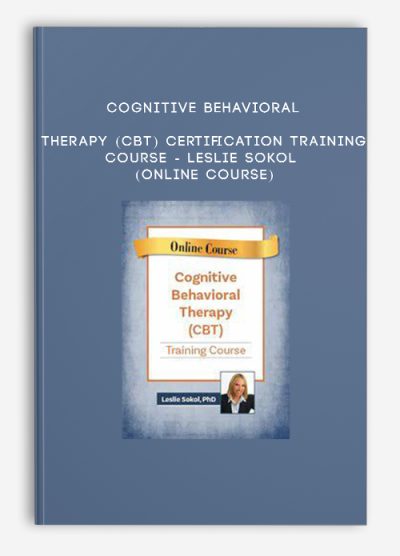
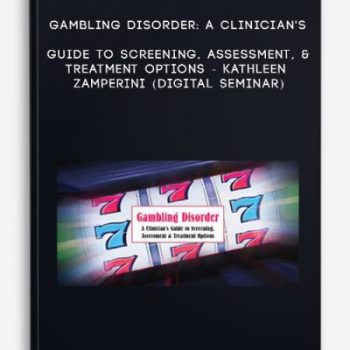
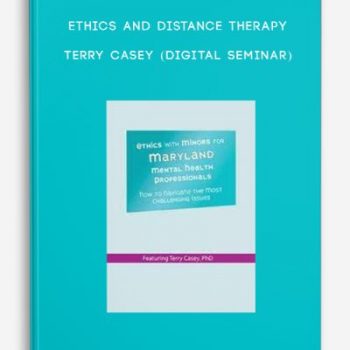
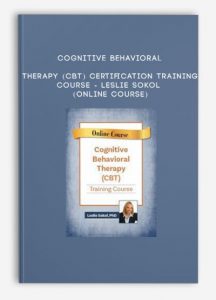





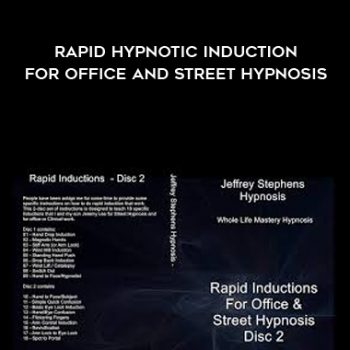

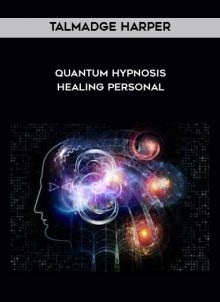
Lord –
This is Digital Download service, the course is available at Vincourse.com and Email download delivery.